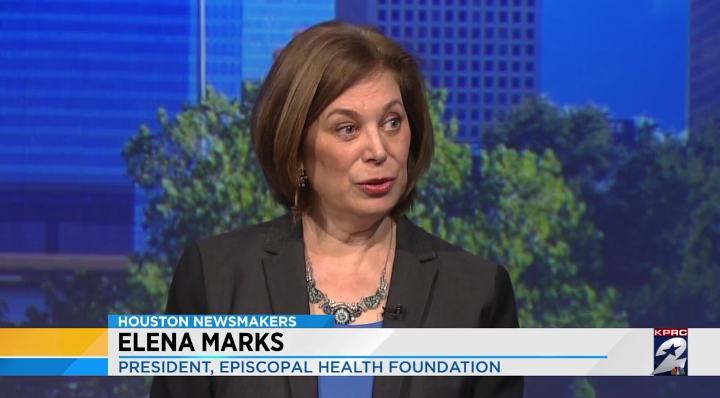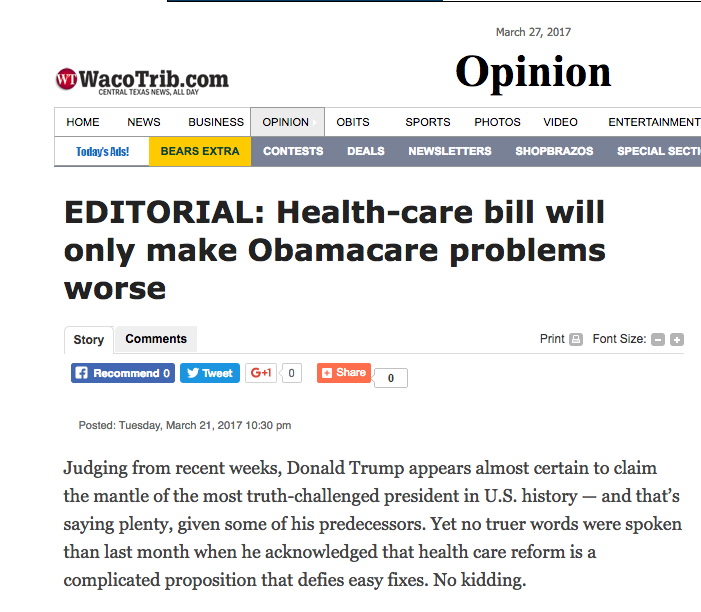
As information is released about proposed changes to the Affordable Care Act (ACA) and Medicaid funding, EHF CEO Elena Marks is speaking out about why some of the changes could be devastating to the most vulnerable Texans.
EHF’s goal is to publish accurate, fact-based, non-partisan, non-political data so we can inform the conversation, said Marks.
“It’s very concerning that the plan would most likely worsen the uninsured rate in Texas,” Marks said before lawmakers cancelled a vote on the American Health Care Act (AHCA).
She appeared on KPRC-TV’s Houston Newsmakers program, its 5pm newscast, and was featured in a Houston Chronicle article.
Medicaid Changes
A new study sponsored by the Texas Alliance for Health Care (TAHC) warns that proposed Medicaid block grants would be a “high-stakes roll of the dice for Texas.”
EHF is a member of the TAHC. The study found funding for Medicaid in Texas could face severe cuts if some proposed Medicaid changes like block grants or per-capita caps were passed by Congress. More than 4 million Texans, including children and the disabled, rely on Medicaid for access to health services.
EHF Analysis
EHF’s research team also released a report that highlighted concerns that major groups of Texans would have not fared well under the then-proposed AHCA.
The report looked at ACA enrollment data and found Texans who are enrolled in ACA health insurance for 2017 are more likely to be older, have low to moderate incomes, and receive significant financial assistance to buy plans.
EHF’s analysis showed more than 1 million Texans (84 percent of all enrollees) currently receive a federal tax credit under the ACA. Those tax credits are reducing premium costs by an average of 79 percent, dropping the average premium from $403 a month to less than $85 a month. EHF’s analysis found the dramatic cost-savings for Texans have remained consistent over all four ACA open enrollment periods.
“Many Texans would not have received similar reductions in their premiums under the greatly-reduced tax credit proposal under the AHCA,” said Shao-Chee Sim, EHF’s VP for applied research. “The most vulnerable populations in Texas would have likely lost their health insurance and the invaluable access it provides to health services.”

